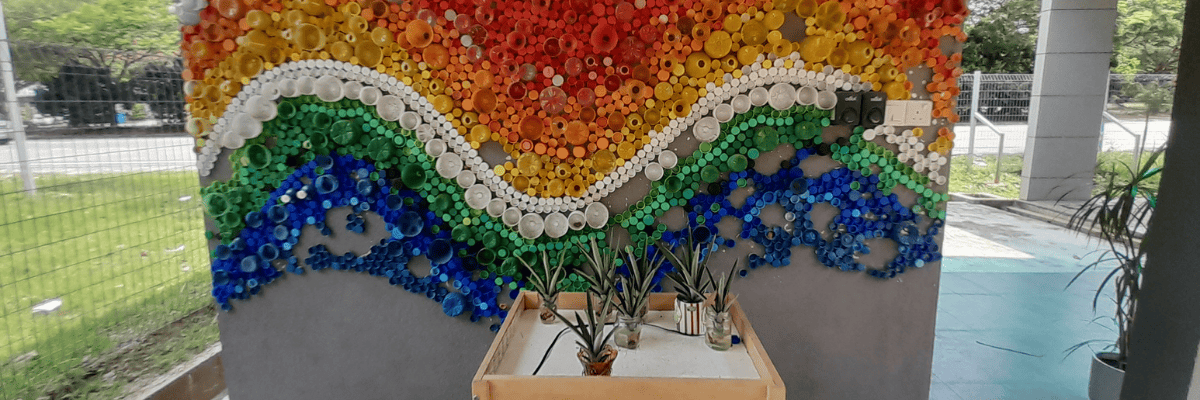Our project
Launched on 1 November 2024, ICP brings together diverse stakeholders (e.g. business, policymakers, NGOs, researchers, consumers) for meaningful dialogue on plastic packaging, Extended Producer Responsibility (EPR) and sustainability, with a particular focus on the roles of consumers and waste management.
Building on the 3.5-year UKRI NERC funded Plastic Packaging in People’s Lives (PPiPL) and the 12-month LU GCRF, Newton Consolidation Account, and Future Cities Research Institute funded PPiPL Malaysia Pilot, the platform examines plastic packaging consumption and disposal as integrated within selected UK and Malaysian households, considering their personal, professional and social activities alongside the surrounding waste infrastructure.
The ICP aims to translate findings from the PPiPL Malaysia Pilot research into actionable insights for business and policy contexts, while identifying emerging research opportunities. To support this, it will host two knowledge exchange events—one in Malaysia and one in the UK—and produce a report outlining key research themes and future collaboration prospects.



.png)